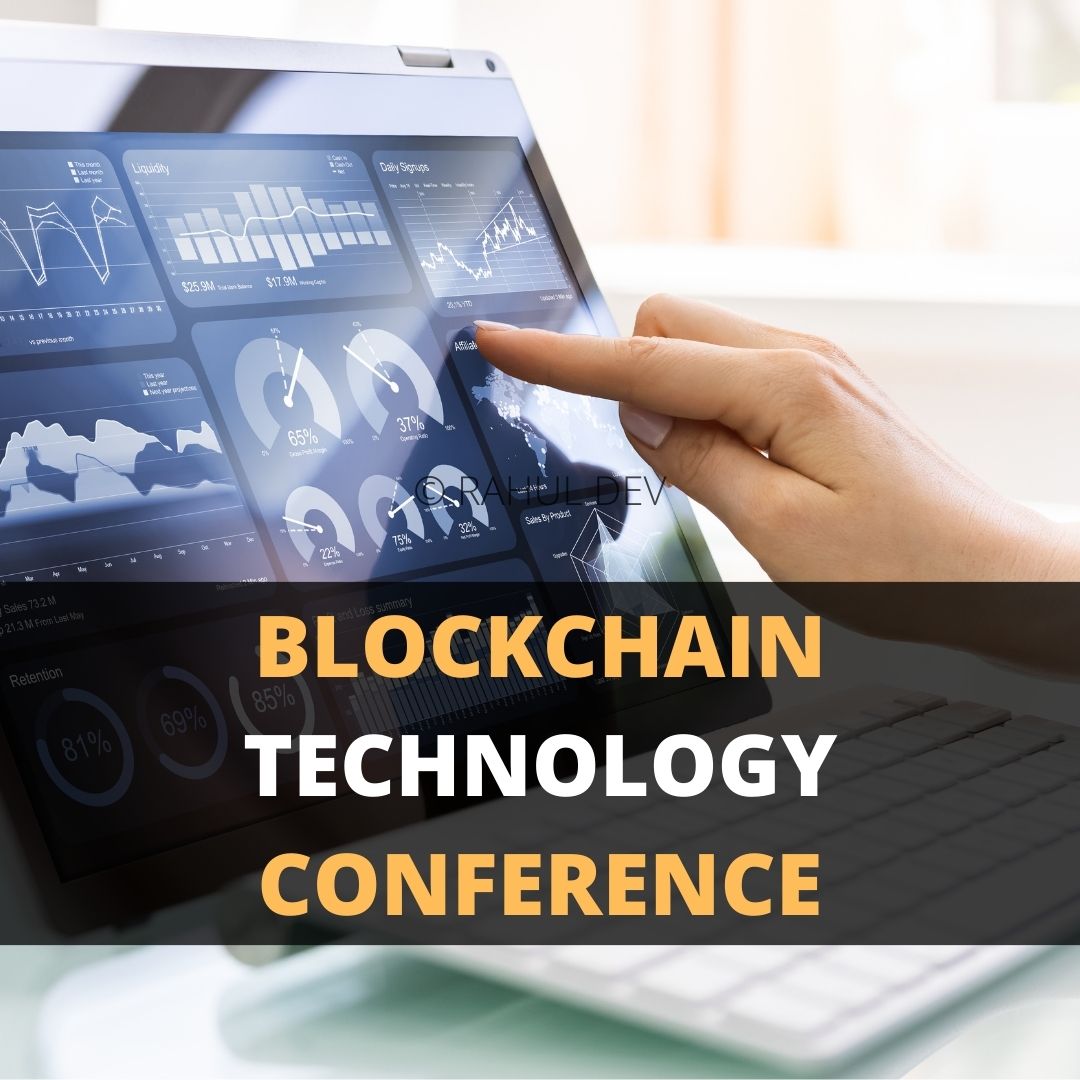
The Blockchain to Government Conference (B2GC), slated for January 17-19, 2024 in Phuket, Thailand, emerges as a pivotal event in blending blockchain technology with government operations. Jointly organized by Thailand’s top digital economy agencies (DEPA, ETDA, DGA) and the blockchain expert Finstable Group, the conference exemplifies Thailand’s dedication to digital progress. Hosted at the new Blockchain Technology Center, an architectural marvel, B2GC is set to redefine governmental approaches to digital innovation.

The conference convenes a diverse mix of blockchain professionals, high-level government officials, and scholars. With its exclusive, invitation-only format, B2GC promises intense, forward-thinking discussions, especially with VIP attendees like the Minister of Digital Economy and Society and the Governor of Phuket.
The agenda of this conference is aimed at enabling the participants to delve into blockchain basics and real-world applications, fostering a foundation for meaningful dialogues. On Day 2, the focus shifts to interactive forums, discussing topics handpicked by officials and organizers to pinpoint blockchain’s direct benefits. Subsequently, on Day 3, the conference expands to global blockchain conversations, culminating in a keynote by the Minister on blockchain’s transformative role in Thailand’s advancement.
B2GC stands as a crucial juncture for aligning blockchain with governmental roles. It’s more than a theoretical platform; it’s where actionable strategies are born, potentially reshaping Thailand’s digital trajectory. Emphasizing mass adoption and workforce education in blockchain, the conference aligns with global trends while carving a unique path for Thailand. This event marks a defining moment for the nation, positioning it as a leader in the digital economy and showcasing blockchain as a game-changer for its governance and citizenry.
Blockchain technology, representing a decentralized database promoting collaboration, transparency, and security, is increasingly significant in Thailand and other Asian countries. This note outlines blockchain fundamentals, focusing on Thailand’s growing role in the Asian blockchain and crypto landscape, and addresses aspects like patent drafting, international filing, and valuation in relation to blockchain initiatives.
A systematic review of blockchain technology in Thailand reveals a focus on academic research, knowledge acquisition, and project implementation. However, blockchain education is still in its early stages, mostly delivering basic knowledge with a few postgraduate programs available. Thailand’s regulatory environment for blockchain and crypto is robust, encompassing laws for digital asset dealers, ICOs, taxation, and anti-money laundering. The framework differentiates between investment and utility tokens and establishes clear tax guidelines for cryptocurrency.
Thailand is emerging as a significant player in the global crypto economy, with substantial growth in crypto adoption, trading volume, and regulatory advancements. The country ranks high in the Chainalysis Crypto Adoption Index and has a large number of individual account holders on Thai crypto exchanges. The nascent Web3 economy in Thailand includes high-profile projects and a thriving ecosystem of digital services, ICO portals, venture capital firms, and crypto advisory firms. Government policies have facilitated a crypto-friendly climate, paralleling regions like Japan and Singapore.
To leverage blockchain technology, a comprehensive blockchain patent strategy and IP strategy is essential. This involves detailed invention summaries, liaison between inventors, management, and external patent counsel, for preparing strategic blockchain patent applications with a focus on international patent and trademark filing. Accurate valuation methodologies are crucial for blockchain-related ventures. This includes assessing patent, trademark, brand, startup, and business valuation, considering the unique aspects of blockchain technology.
Blockchain technology, especially in the U.S., often faces issues of patent eligibility. This stems from its nature as a software-based technology, which can be seen as an abstract idea or algorithm. The U.S. Supreme Court’s decisions in Mayo, Alice, and other cases have raised important considerations regarding patent eligibility for blockchain innovations, particularly those related to financial technology or business practice improvements. However, given the rapid innovation in blockchain, there is a strong desire to protect these innovations through patents that focus on a set of thoroughly drafted patent claims.
Blockchain’s distributed ledger technology is revolutionary in ensuring the integrity of data without the need for a central authority, making it nearly unhackable. This makes it particularly attractive for IP-heavy industries for brand protection, evidence of creatorship, provenance authentication, and managing IP rights. The technology is versatile, allowing different types of data to be added to a blockchain, which could include design documents, photos, videos, and other IP-related information. This broad applicability opens up possibilities for using blockchain in various IP-related processes, including registration, tracking distribution, and enforcing IP agreements through smart contracts. Also, Blockchain’s potential in IP rights management is vast. By recording IP rights on a distributed ledger, they could effectively turn into “smart IP rights,” which could be tracked throughout their lifecycle. This approach could simplify due diligence exercises necessary before launching blockchain-based token projects, which also create a need for utility token legal opinion letters for listing of such tokens.
In addition to blockchain whitepapers and blockchain blogs, SEO-friendly technical content, including technical research-oriented whitepapers and technical blog posts, should elucidate blockchain applications and workflows, catering to a range of stakeholders from partners to end-users. Also, comprehensive API documentation, user guides, and how-to manuals are vital for facilitating effective application workflows and client communication.
Thailand’s engagement with blockchain technology underscores a broader trend in Asia’s burgeoning digital asset market. The country’s approach to blockchain regulation, education, and market development presents opportunities for innovation and growth in the blockchain domain. Effective patent and IP strategy, coupled with robust technical documentation, are key to navigating this dynamic landscape.